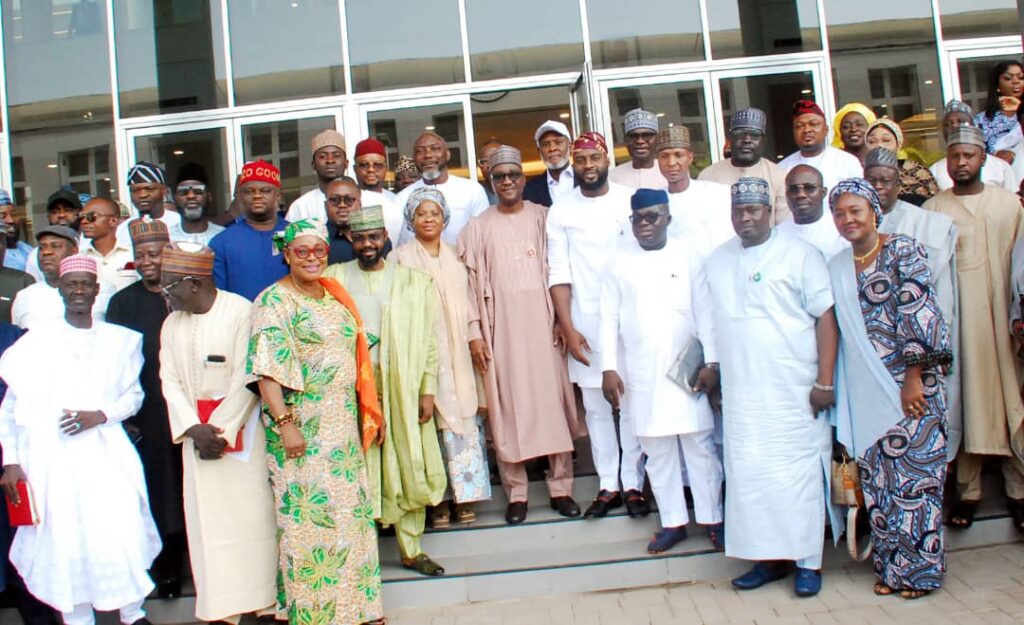…As Reps meet stakeholders on gender-based violence
The Speaker of the House of Representatives, Tajudeen Abbas has stated that affirmative action for women is not a privilege and undemocratic, but a corrective measure that must be taken to ensure fairness and gender balance in the polity.
He disclosed this in his keynote address at a session with Speakers of State Houses of Assembly to Commemorate the Conclusion of the 16 Days of Activism Against Gender-Based Violence (GBV) held at the National Assembly on Monday.
The speaker said it has become necessary to mainstream women’s and gender issues in the constitution, statutes, policies, and budgetary processes of Nigeria.
He noted that the session was to commemorate the conclusion of the 16 Days of Activism Against Gender-Based Violence (GBV), a campaign that began on November 25, with the People’s House taking a prominent role. He recalled how he led an advocacy walk from the National Assembly to the Force Headquarters to submit a petition to the Inspector General of Police.
“This action signified our resolve to combat violence against Nigerian women and to reinforce our collective commitment to creating a safer and more equitable society,” he added.
The speaker noted that the 16 days had served as a rallying point, uniting diverse stakeholders in a shared mission to protect and empower women and girls across Nigeria.
He also noted that the National Assembly has long been at the forefront of the fight against GBV and the advocacy for greater women’s representation.
He said since 1999, the parliament has championed transformative legislative reforms, including the enactment of the Violence Against Persons (Prohibition) Act; the Child’s Rights Act, and the Trafficking in Persons (Prohibition) Enforcement and Administration Act.
Abbas further noted that the 10th House has amplified these efforts through its Legislative Agenda, which prioritises constitutional reforms to promote women’s political participation and representation.
“Women are the cornerstone of our families and communities, yet their political representation remains unacceptably low. This imbalance must change—not for improved statistics but for the transformative value women bring to governance, leadership, and policymaking,” he said.
While emphasising that the importance of eradicating GBV and promoting women’s representation cannot be overstated, he stated that a society that protects its women and leverages their potential is one that secures its future.
“Women are the glue that holds our families and communities together. Despite this, systemic barriers, including cultural norms, economic inequality, and inadequate legal protections, have hindered their full participation in political and public life,” he said.















